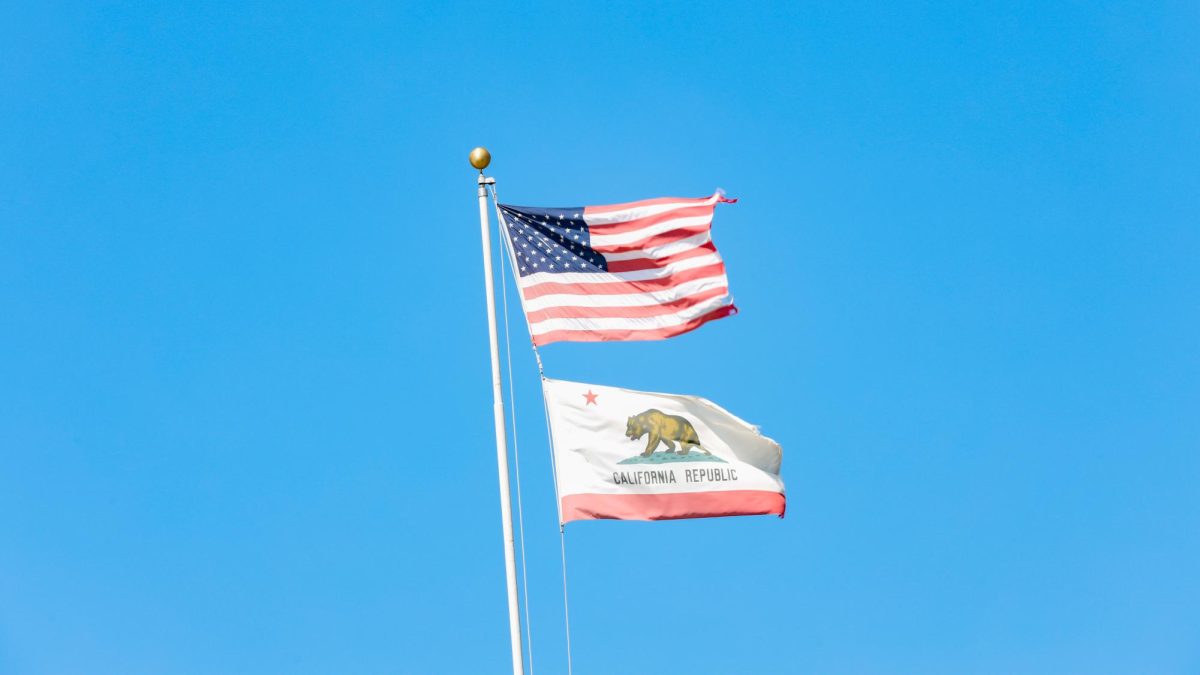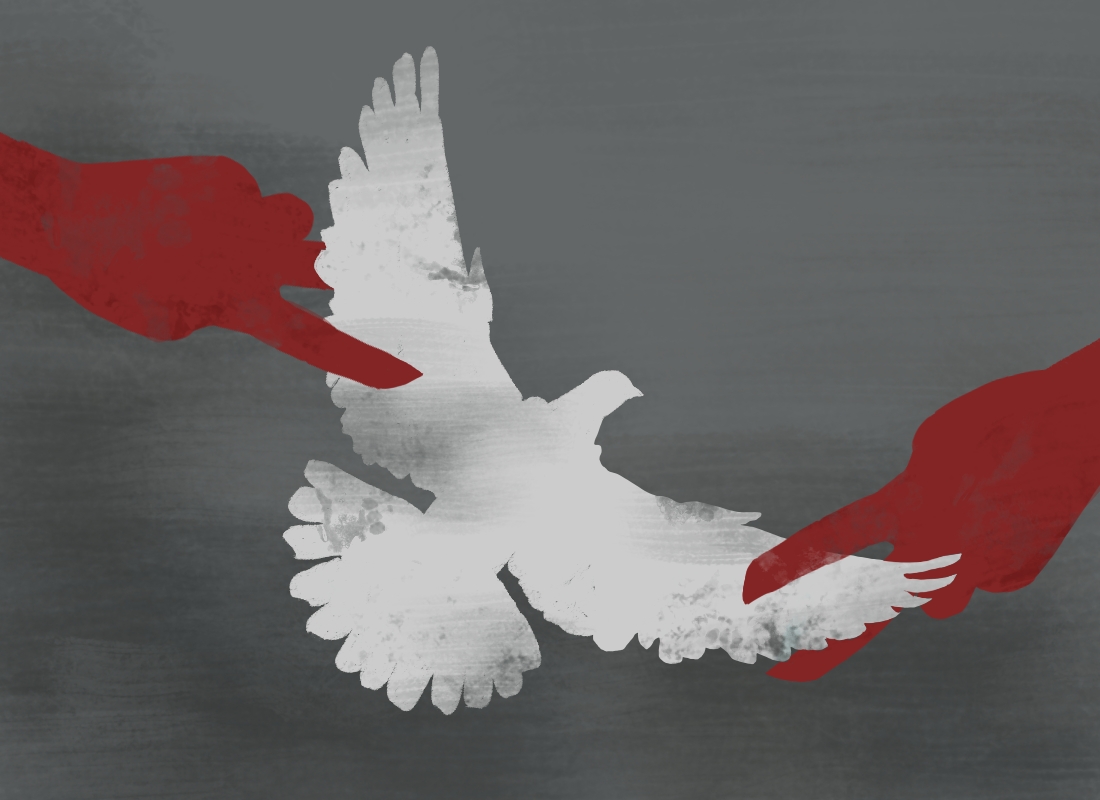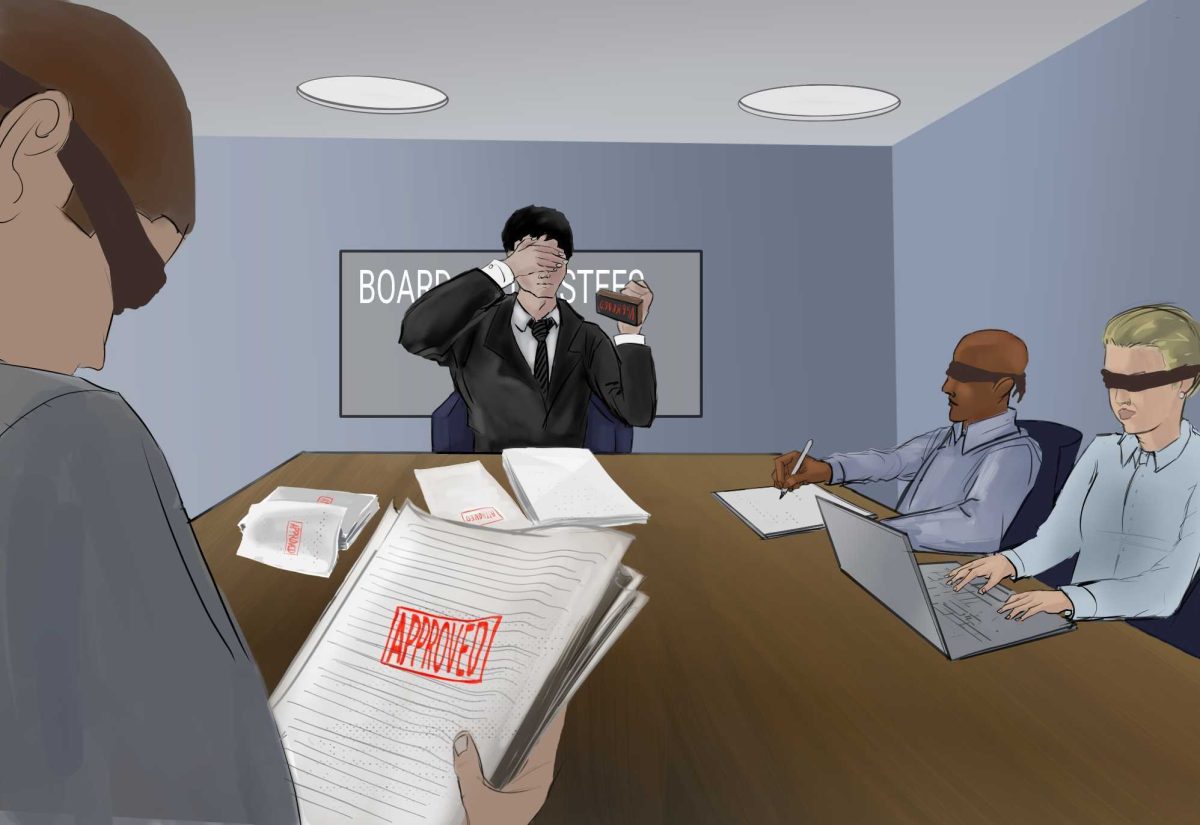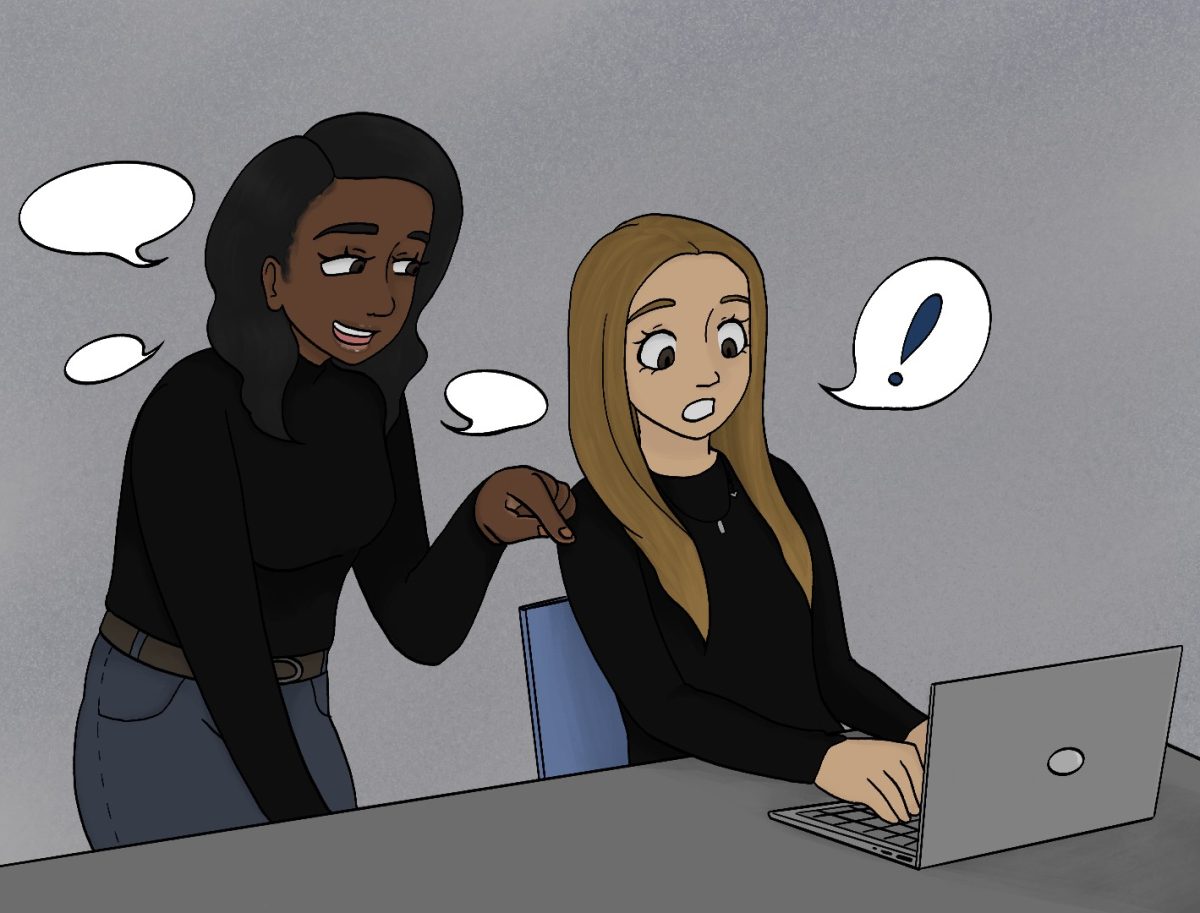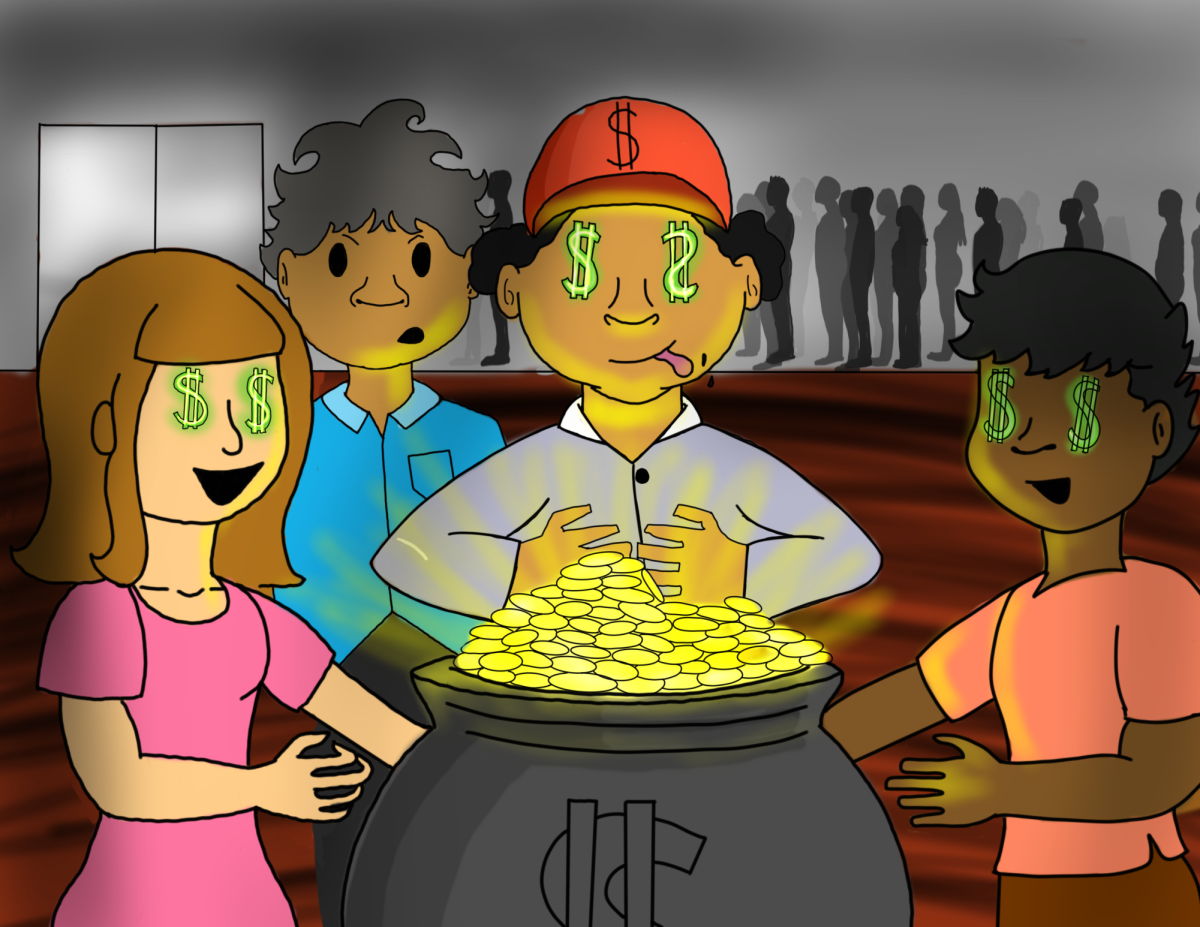We have seen instances where people are labeled based on the music they listen to, just as in high school where social personalities are stereotyped.
In high school, there are the stereotypical jocks, geeks, preppy and all kind of labels that are depicted in teen movies. The same goes for music.
It is only fair to favor a genre of music that one is inclined to; however, music preference shouldn’t reduce any of us into labels. Everybody should be free to listen to whatever they want and not live in fear of name-calling when they deviate from what the majority adhere to.
In the music world where MTV, VH1 and BET are the rulers, we often see people being labeled a certain way.
Labels include the punk, the rocker, the goth, the emo kid, the rapper, the pop princesses and all kinds of discrete and implied labels. We’ve judged people in terms of what music they listen to.
Earlier this year, I met this woman who was donned in black from head to toe, had random piercings on her face and had bright highlights on her hair; she asked what kind of music I listen to. I told her I like emo, rock and punk, and afterward she gave me a blank stare like she wasn’t sure what I was talking about. She told me that she didn’t believe me because I didn’t look like somebody who listens to punk music. Do I have to actually consume gobs of black eyeliner so I wouldn’t be laughed at the next time I listen to punk? We shouldn’t judge somebody just because he doesn’t fit a certain stereotype.
I remember watching “The O.C.” last fall and hearing Marissa Cooper (played by Mischa Barton) say something along the lines of, “just because a person dresses a certain way doesn’t mean she can’t listen to a certain kind of music.”
Although I’m neither a fan of Mischa on the show, I have to give credit to the underlying truth in her statement. The problem lies in when people start seeing everything in terms of the way they adhere to a certain music genre. Music should be a bond, not an excuse to judge people.
People should stop considering others as “posers” when they listen to music that doesn’t reflect their regular style. Do you feel any better by instilling a sense of inferiority in someone who you think isn’t an all-out groupie like you?
It also doesn’t mean that when a person has expressed liking a particular genre, he only listens to that kind of music.
Music is by no means a definite basis of the whole personality of an individual.
Just because you listen to pop doesn’t make you a wannabe Britney Spears. Not all emo kids are slow emotional packages lost in tattered Chuck Taylor’s and thick-framed glasses.
It seems that in deviating subcultures like punk, the standard fashion revolves around anti-conformity, the idea that one should be as different as possible from the rest. But if everybody keeps trying to be different and buys the same clothes that imply rebellion, soon everybody will be wearing the same faded vintage shirt and nobody would really look different.
Ironically, people stop being different here; they start becoming part of an imperceptible haze, which totally defeats the purpose of being unique. The punk, the rocker, the pop princess and the rapper should all unite in their one common love: music.
But the whole musical stereotype issue has drawn attention to the style and looks of performers, rather than the music itself. It seems like music has taken a backseat in a time where people give more importance to labels and what’s “in.”
We are individuals, having the freedom to choose what we want and not letting any standards reduce us into mere stereotypes. We have depth; we are real individuals, and we’re not just a bunch of people hiding in sticks of eyeliner and painstakingly styled hair.



